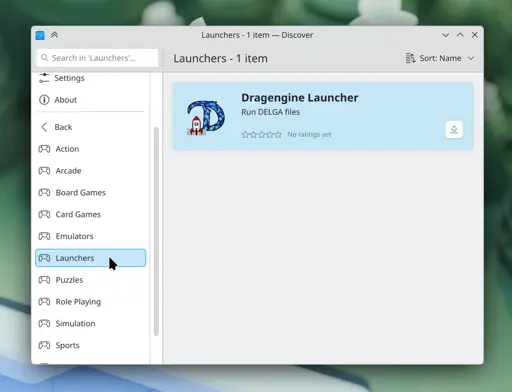

Oh man, I don’t want to get deep into all the politics involved, but man, this reads like complete non-sense:
The outage comes following Iranian attacks on the UAE as retaliation for US and Israeli strikes on Iran.
If they did specifically target US corporations in UAE, that would make some amount of sense as direct retaliation.
I guess, you can also attack UAE and hope that they pressure the US to stop invading.
But in any case, this seems like a really good way to drag more nations into the conflict, or at least to force them to become active, which is not in the interest of Iran.











Hmm, that’s strange. Don’t think, it’s supposed to work like that, but that does not either seem like behavior that would manifest from a simple bug.
The words in your screenshot do seem to all be in the English dictionary, well, except for “trotz”, but that’s a German word, so might still be that it somehow takes a dictionary into account.
There might be some dictionary package installed through
apt, which might enable that.Can you check in the Kate settings under Editing→Spellcheck, if any languages show up there? On my system, I actually have none there. Perhaps, if I “fixed” that for me, I might end up with similar completions as you have there…
Also, sidenote: To my knowledge, the T+ icon means that it is a word completion (normally based on words in the document), and not a keyword completion or similar.